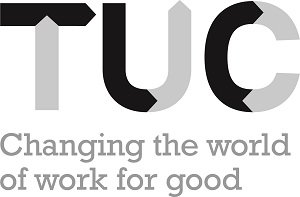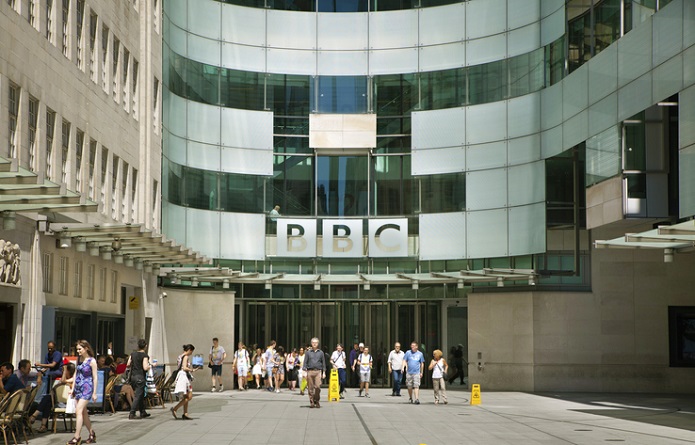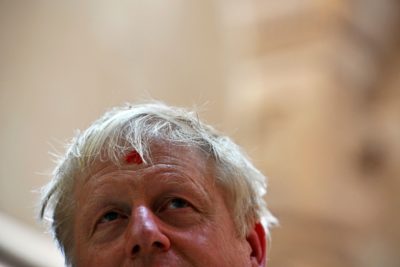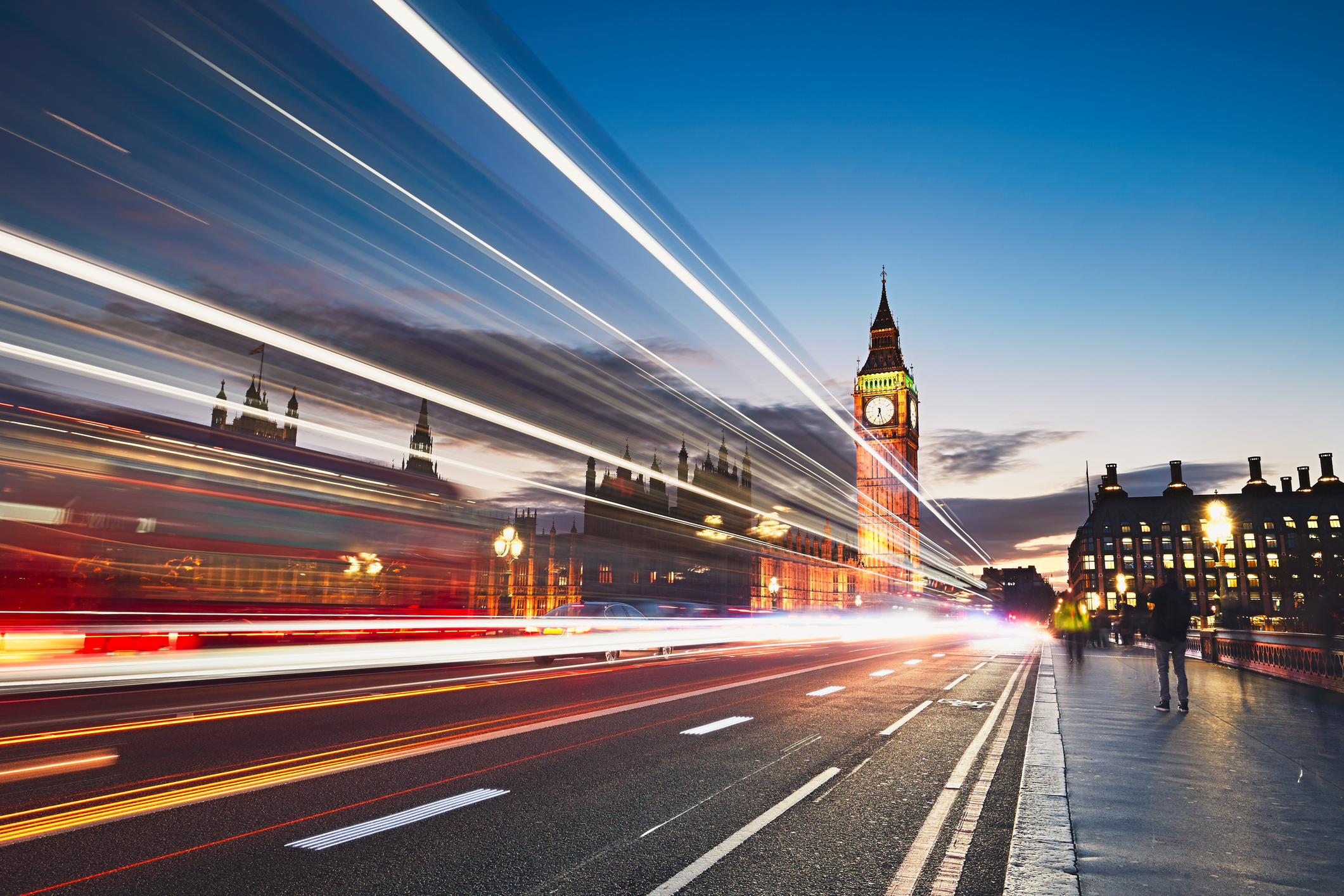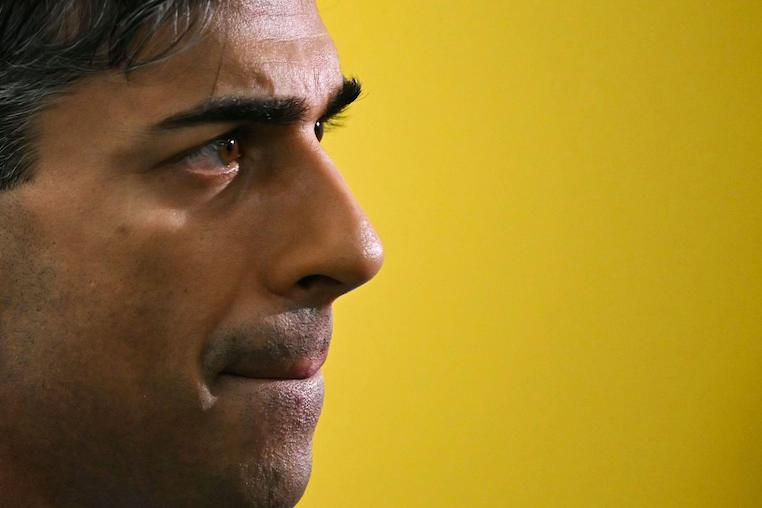Is the BBC biased?
The BBC Charter sets out its four public purposes. The first of these is “to provide impartial news and information to help people understand and engage with the world around them.” In keeping with this, the corporation describes itself as “impartial and independent”.
The Broadcasting Code of the regulator, OFCOM, requires the BBC to achieve “due impartiality in all its output”. This is seen as particularly important given that roughly 65%of the BBC’s revenue is generated from a compulsory licence fee, meaning that the majority of the broadcaster’s funding comes from the British public.
Nonetheless, the BBC is routinely accused of displaying political bias in its media output.


In May 2023,YouGov’s biannual public opinion tracker reported that only 22% of people think the BBC “is generally neutral”. According to other YouGov trackers taken at the same time, the BBC ranked lower than both Channel 4 (at 26%) and ITV (at 24%) when assessing their impartiality.
The perceived partiality of the BBC comes from both sides of the political spectrum. Of the people in the YouGov survey who identified as supporting the Conservatives, 15% thought the BBC is generally a little more favourable towards the left and 23% thought they were much more favourable. Conversely, 26% of those who identified as supporting Labour thought the BBC is generally a little more favourable to the right and 20% thought they were much more favourable.
Opinions likewise differ among age brackets, with those aged 18-24 most likely to see the BBC as neutral (at 27%) and those aged 25-49 least likely (at 19%) but all age brackets saw little confidence in the BBC’s partiality. Those in Scotland and Wales were also most sceptical of the BBC’s neutrality, at 18% and 19%, respectively.
This wide-ranging public concern over the BBC’s partiality was highlighted in Ofcom’s 2021-2022 annual report of the broadcaster, which said the BBC must continue to focus on addressing audience perceptions of impartiality and was “a key area of concern”.
In May 2022, the then culture secretary, Nadine Dorries announced a review into BBC impartiality. The probe will focus on the BBC’s compliance with editorial standards and evaluate how it represents audiences from working-class backgrounds. The Mid-Term Review must be completed between 2022 and 2024.
Biased BBC? – A history of the discussion
Accusations of left-wing bias and the BBC date back to the 1980s, when the BBC’s reporting of the Falklands War generated the wrath of the Thatcher government.
These views gained impetus in 1984 when a BBC documentary, ‘Maggie’s Militant Tendency’, drew links between two Conservative MPs and organisations on the far right. The MPs involved successfully sued the BBC in relation to these false accusations and both won substantial costs and damages.
Since the turn of the Century, persistent claims of pro-left coverage have been interspersed with accusations of ‘establishment’ coverage, and greater airtime for the Conservatives. Back in 2012, a study from Cardiff University, found that appearances by the then Conservative Prime Minister David Cameron outnumbered those of then Leader of the Opposition, Ed Miliband, by a ratio of over three to one (53 to 15).
Recent accusations of left-wing bias
Recent accusations of the perceived left-wing bias of the BBC reached their peak in December 2020, when Conservative Ministers publicly boycotted Radio 4’s Today programme.
In August 2020, 14 Conservative MPs, wrote to the incoming Director General of the BBC, accusing the corporation of one-sided broadcasting, which “fundamentally failed” to convey the diverse views of the public.
Both David Cameron and Boris Johnson threatened to decriminalise the non-payment of BBC licence fees, and Conservative MPs have become increasingly hostile towards the broadcaster’s business structure. In July 2023, The Timesr eported that the BBC is facing a review into its funding model with alternatives to the licence fee like subscriptions or advertising being considered. The review is expected to be formally announced in autumn 2023.
Those on the right of the political spectrum often highlight the liberal career histories of BBC staff members. In 2014, the position of Newsnight’s new economics correspondent was offered to Duncan Weldon, whose previous positions included senior economist at the Trade Union Congress and advisor to the former Labour Cabinet Minister, Harriet Harman. This decision sparked complaints from the Tory MP Andrew Bridgen.
The BBC broadcaster Andrew Marr, has pointed to the diverse nature of the BBC, which he describes as employing, “an abnormally large proportion of younger people, of people in ethnic minorities and almost certainly of gay people”, which is what he suggests fuels the BBC’s “innate liberal bias”.
The former BBC Business Editor, Jeff Randal, has described his experience of working at the BBC as something akin to attending a meeting of ‘the flat earth society’. In 2016, he said of his time working with people at the BBC that, “as they discuss great issues of the day, they discuss them from the point of view that the earth is flat”. Continuing he said, “If someone says, ‘No, no, no, the earth is round!’, they think this person is an extremist. That’s what it’s like for someone with my right-of-centre views working inside the BBC.”
In June 2023, the culture secretary Lucy Frazer said that the BBC is “biased on occasion” and “doesn’t always get it right” but Ms Frazer did say she was broadly in support of the content it produces.
The comments were made a few months after many on the right were troubled by the BBC sports presenter Gary Lineker’s criticism of the government’s asylum plans, accusing the home secretary of using language to describe refugees similar to that of the Nazis in 1930s Germany. In response, a group of 36 MPs and peers signed a letter to BBC Director General Tim Davie, demanding a full and independent investigation into Gary Lineker’s comments, with Conservative MP John Hayes saying the words would shake many people’s – already fragile – confidence in both the impartiality and professional standards of the BBC.”
Recent accusations of right-wing bias
However, many on the left accuse the BBC of showing the opposite bias, sometimes even on the same issues. After the BBC took Gary Lineker off air for his comments, many on the left accused the BBC of double standards, citing examples such as the fact Alan Sugar (who stars in the BBC’s The Apprentice) faced no repercussions after posting a clearly political tweet showing Jeremy Corbyn next to Hitler in 2018.
In response to the Gary Lineker saga, the Shadow Secretary for Culture, Lucy Powell said it “raised serious questions about the government’s role in upholding BBC impartiality” and that “the BBC capitulated to a Tory cancel campaign, orchestrated by Ministers and Conservative Members with their friends in the press”.
The BBC also has a long history of Conservative ties to the top jobs at the Corporation: former Conservative Cabinet Minister, Chris Patten, was Chairman of the BBC Trust from 2011-14; former chairman of the right-of-centre magazine The Spectator, Andrew Neil, hosted two of its leading politics programmes; and the current BBC Director General, Tim Davie, had previously been involved with the Hammersmith and Fulham Conservative Association and had once been a candidate for the local council but failed to be elected.
Perhaps the most concerning tie between the BBC and the right was through the BBC’s former chairman, Richard Sharp. A cross-party committee of MPs found the BBC chair, who is responsible for maintaining the independence of the BBC, made “significant errors of judgement” by facilitating an £800,000 loan guarantee for Boris Johnson while he was Prime Minister. Mr Sharp is also a major Conservative party donor who was on the board of the conservative think tank, the Centre for Policy Studies. Ms Powell accused the government of “serious damage” to the reputation of the BBC by appointing Mr Sharp.
Ms Powell has also called conservative campaigns to change the BBC’s business model a “deliberate strategy of undermining the BBC in order to keep it over a barrel to get themselves more favourable coverage”.
Other research has suggested that the BBC’s output may be weighted in favour of the right. Although over a decade old, a previous study by Cardiff University found the ratio of right-wing, establishment coverage to be significantly greater than left-wing viewpoints in both 2007 and 2012. Across both periods, Conservative politicians were featured around 50% more often than Labour politicians on the weekday bulletin BBC News at Six.
Similarly, a damning academic report found that the BBC violated its impartiality rules during its coverage of the 2017 general election for a variety of reasons, including its selection of titles, stories and guest discussants of newspaper coverage. It found that 69% of the newspaper stories featured on the BBC’s daily late-night TV show, The Papers, were from Conservative-supporting titles versus 23% from those supporting Labour.
In the run up to the 2019 General Election, the BBC political editor, Laura Kuenssberg was also accused of unfair coverage towards the then Labour Leader Jeremy Corbyn. At Labour’s 2019 General Election manifesto launch, Kuenssberg was booed as she rose to ask a question.
Social media
With the rising influence of social media, the BBC has faced claims that its staff abuse the impartiality of their positions, by promoting personal agendas or political views on their social media accounts.
In 2020, the BBC Breakfast presenter Sally Nugent was criticised by some for using her Twitter account to promote the free school meals campaign involving Marcus Rashford, which at that time, was seen as representing an implicit critique of the government’s then-prevailing policy.
In April 2023, the BBC’s Twitter account was given the label of “government-funded media” but was swiftly changed after the BBC issued a complaint and asserted that the Corporation has always been independent. Elon Musk, the owner of Twitter, later admitted that the BBC is ‘among the least biased’ media organisations.
Other accusations of BBC bias
In addition to accusations of BBC bias in relation to party politics, the 2016 EU Referendum also saw people make accusations of political bias against the BBC.
Following the Brexit referendum in 2016, the BBC’s political editor, Laura Kussenberg exclaimed in an interview with Press Gazette, that the ‘world is on acid’. Following this, Brexit supporting newspapers such as the Daily Express, accused Kuenssberg of ‘Remainer’ Bias.
It has also been claimed that the BBC carried considerably more pro-EU voices, than it did of those who were euro-sceptic.
A 2018 report published by Civitas analysed BBC output between the autumn of 2017 and the summer of 2018. It revealed speaker ratios on the BBC, as high as 5:1, and never less than 2:1, in favour of the Remain campaign on EU membership.
Accusations of BBC bias also spreads beyond politics. In the 2010s, the BBC has been criticised for having an anti-Sikh and an anti-Hindu bias, and for the nature of its reporting on the Israeli-Palestinian conflict.
Quotes
“The Government is committed to ensuring the BBC is more impartial, more accessible and more reflective of our country’s variety of viewpoints” – Then Culture Secretary, Nadine Dorries, May 2022.
“News in whatever form must be treated with due impartiality, giving due weight to events, opinion and main strands of argument” – BBC Impartiality Guidelines: News, Current Affairs, and Factual Output
“Editors are making tough calls every minute of the day. But I don’t accept the view of those critics who jump on a handful of examples to suggest we’re somehow biased one way or the other.” – Tony Hall, director general of the BBC, 2020
“For too long, the right has got away with weaving a fairytale of BBC leftwing bias”. Owen Jones, writing in the Guardian, 2014.
“By far the most popular and widely read newspapers at the BBC are The Guardian and The Independent. […] In the later stages of my career, I lost count of the number of times I asked a producer for a brief on a story, only to be handed a copy of The Guardian and told ‘it’s all in there.” Jeff Randall, former Business editor at BBC, 2016.
Statistics
Just 54% of viewers now rate the corporation’s TV news offering as impartial, the lowest-ranking of any TV news offering in the country. [Source – Ofcom, 2020]
Complaints of any nature are addressed by Ofcom, which examines whether the issue is in breach of their Broadcasting Code. In its 2018 report, Ofcom assessed 69 complaints, before concluding that none required further investigation. However, in the 2022 report, assessed complaints had risen to 167, resulting in 3 programmes being referred for further investigation of which 1 breach was found.

